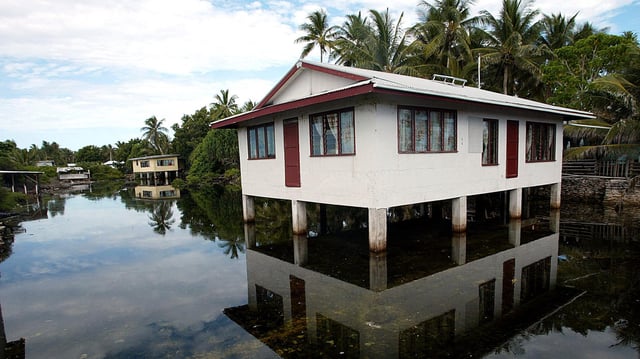Overview
- The International Court of Justice’s 500-page opinion designates “a clean, healthy and sustainable environment” as a human right under international law.
- It reaffirms that the Paris Agreement’s 1.5°C target is legally binding on states through treaties and customary international law.
- New fossil fuel approvals, hydrocarbon subsidies and other failures to mitigate emissions are identified as internationally wrongful acts subject to potential liability.
- Legal scholars anticipate the opinion will spur interstate and domestic climate litigation despite its non-binding status.
- The advisory request was driven by Vanuatu and Pacific Island student activists following stalled political negotiations and climate finance talks.



